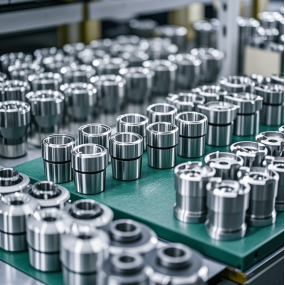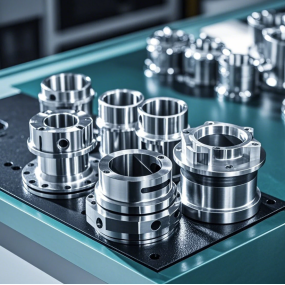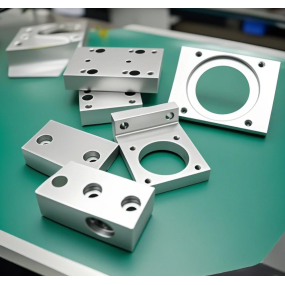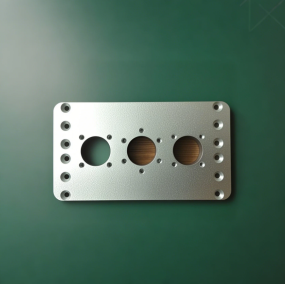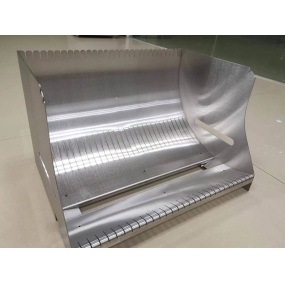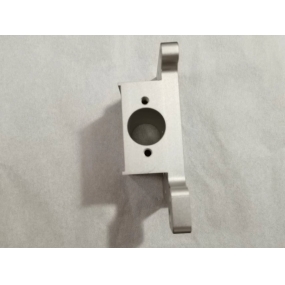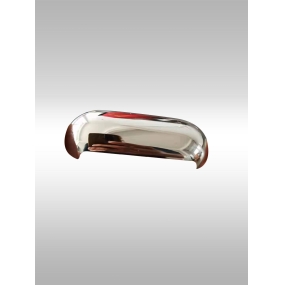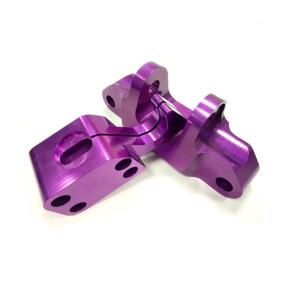
Othello asbestos free gasket
The main materials for non-metallic gaskets are as follows:
Natural rubber NR
Natural rubber NR has good corrosion resistance to weak acid and alkali, salt and chloride solutions, but poor corrosion resistance to oil and solvents, and is not recommended for use in ozone media. Recommended working temperature -57 ℃~93 ℃.
Chloroprene rubber CR
Chloroprene rubber is a synthetic rubber that is suitable for withstanding moderate corrosion from acid, alkali, and salt solutions. Has good corrosion resistance to commercial oil and fuel. But its corrosion resistance is poor in strong oxidizing acids, aromatic hydrocarbons, and chlorinated hydrocarbons. Recommended working temperature -51 ℃~121 ℃.
Fluororubber
Fluororubber has good corrosion resistance to oil, fuel, chloride solutions, aromatic hydrocarbons, lipid hydrocarbons, and strong acids, but is not suitable for use in amines, lipids, ketones, and steam. The recommended working temperature is -40 ℃~232 ℃.
Chlorosulfonated polyethylene synthetic rubber
Chlorosulfonated polyethylene synthetic rubber has good corrosion resistance to acid, alkali, and salt solutions, and is not affected by climate, light, ozone, commercial fuels such as diesel and kerosene. But not suitable for aromatic hydrocarbons, chlorinated hydrocarbons, chromic acid, and nitric acid. Recommended working temperature is -45 ℃~135 ℃.
Silicone rubber
Silicone rubber has good corrosion resistance to hot air. Silicone rubber is not affected by sunlight and ozone. But Wang is suitable for steam, ketones, aromatic hydrocarbons, and lipid hydrocarbons.
Ethylene propylene rubber
Ethylene propylene rubber has good corrosion resistance to strong acid, strong alkali, salt, and chloride solutions. But not suitable for use in oils, solvents, aromatic hydrocarbons, and hydrocarbons. Recommended working temperature -57 ℃~176 ℃.
Graphite
Graphite is a fully graphite material that does not contain resin or inorganic substances, and can be divided into graphite materials with or without metal elements. This material can be bonded to produce pipe gaskets with a diameter exceeding 600mm. It has excellent corrosion resistance to many acids, bases, salts, organic compounds, heat transfer solutions, and even high-temperature solutions. It cannot melt, but it will sublime when it exceeds 3316 ℃. Caution should be exercised when using this material in highly oxidizing media under high temperature conditions. In addition to being used for gaskets, this material can also be used to make fillers and non-metallic winding tapes for wrapping gaskets.
Ceramic fiber
Ceramic fiber formed in strip is an excellent gasket material suitable for high temperature and low pressure working conditions and lightweight flange conditions. It is recommended to work at a temperature of 1093 ℃ and can be used to make non-metallic winding tapes in wound gaskets.
Polytetrafluoroethylene
Polytetrafluoroethylene combines the advantages of most plastic gasket materials, including temperature resistance from -95 ℃ to 232 ℃. In addition to free fluorine and alkali metals, it has excellent corrosion resistance to chemicals, solvents, hydroxides, and acids. PTFE material can be used to fill glass, with the aim of reducing the cold flowability and creep of PTFE.


 Spanish
Spanish Arabic
Arabic French
French Portuguese
Portuguese Belarusian
Belarusian Japanese
Japanese Russian
Russian Malay
Malay Icelandic
Icelandic Bulgarian
Bulgarian Azerbaijani
Azerbaijani Estonian
Estonian Irish
Irish Polish
Polish Persian
Persian Boolean
Boolean Danish
Danish German
German Filipino
Filipino Finnish
Finnish Korean
Korean Dutch
Dutch Galician
Galician Catalan
Catalan Czech
Czech Croatian
Croatian Latin
Latin Latvian
Latvian Romanian
Romanian Maltese
Maltese Macedonian
Macedonian Norwegian
Norwegian Swedish
Swedish Serbian
Serbian Slovak
Slovak Slovenian
Slovenian Swahili
Swahili Thai
Thai Turkish
Turkish Welsh
Welsh Urdu
Urdu Ukrainian
Ukrainian Greek
Greek Hungarian
Hungarian Italian
Italian Yiddish
Yiddish Indonesian
Indonesian Vietnamese
Vietnamese Haitian Creole
Haitian Creole Spanish Basque
Spanish Basque

